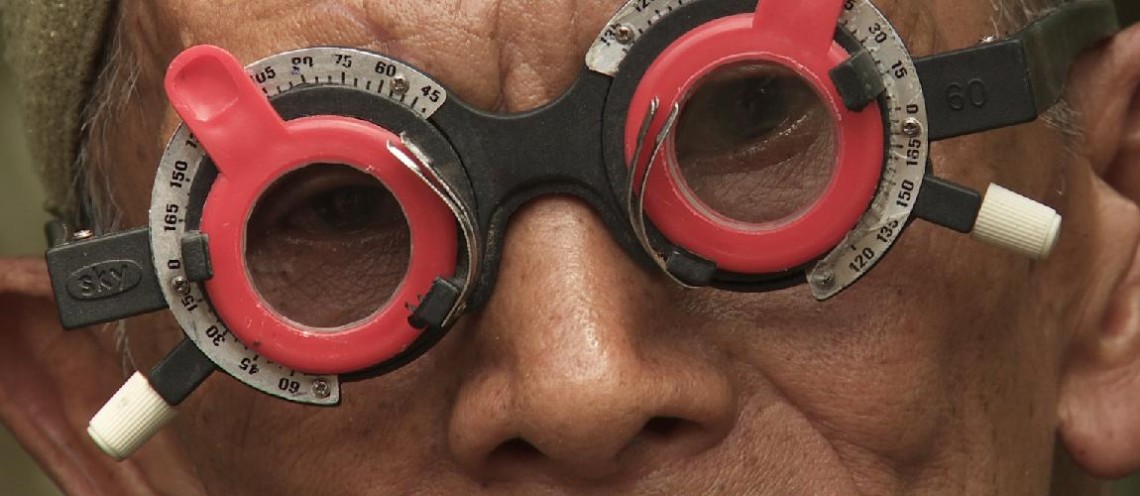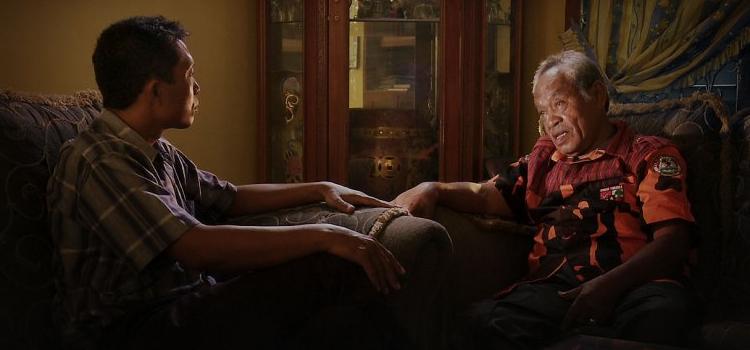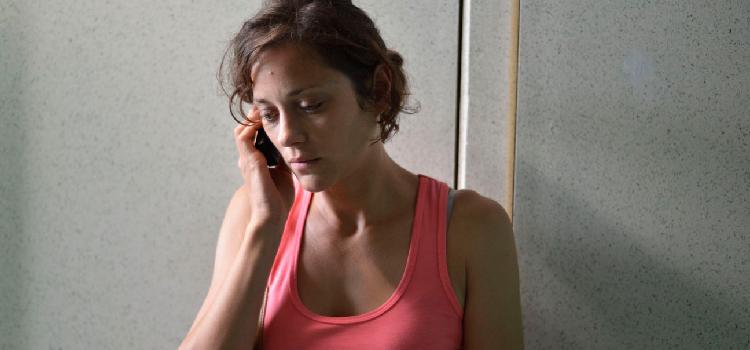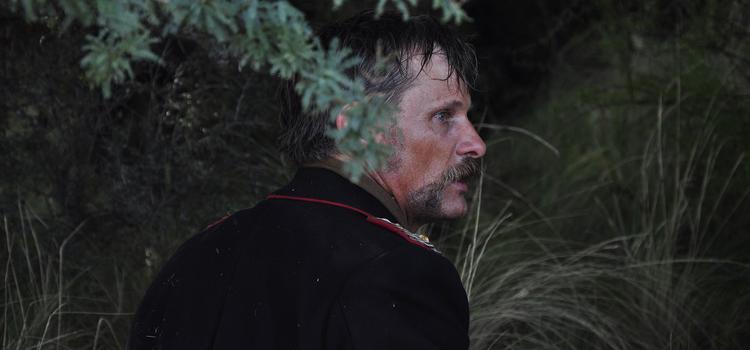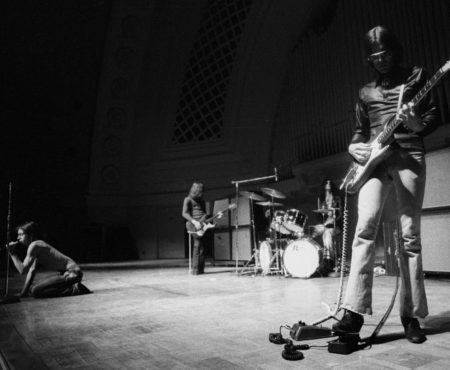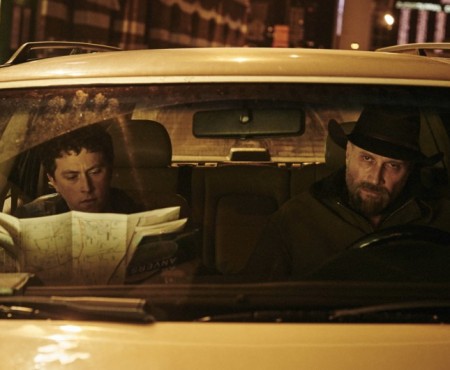The Look of Silence
If you didn’t get enough of Joshua Oppenheimer’s last film about the Indonesian genocide of suspected communists, he’s back with an equally unnerving sequel, The Look of Silence. This time, the director approaches the harrowing saga through the story of Adi, whose brother was one of the millions killed in the government-sanctioned massacres. Either encouraged or egged by Oppenheimer, the otherwise quiet optometrist confronts his brother’s murderers one-on-one, in several candid and chilling interviews. But if The Act of Killing was controversial in its restaging of its subject’s crimes, The Look of Silence contains several moments that feel equally staged. A few confrontations seem to milk the tension, and at one point, the director oversteps his bounds by offering footage of one of the killers to his sons, who are both in denial and angry at the confrontation. Clearly, these are stories worth saving from the thin veneer of government whitewashing. But just how far should a filmmaker go to make these stories palatable to Western audiences?
Two Days, One Night
Would you walk away from $1,000 bonus if it meant your co-worker could stay in their job? The Dardenne brothers play with Marion Cotillard in that tricky conundrum in their latest film, Two Days, One Night. While she’s away recovering from depression, her factory managers discover that her team can finish the work with only 16 workers instead of the previous 17. The question is then posed to her working class co-workers: would they rather enjoy a bonus or their co-worker? This touching human drama is devastating, following Marion’s character through each painful interaction, as she asks each of her compatriots to think of her and her family’s situation. Her tearful struggle with depression, and her near resignation to her situation, weighs heavily through her weekend mission. In the current economic climate especially, the drama is compelling beyond description.
Jauja
This gorgeous meditation on nature, loss, and time is not your traditional narrative fare. Without a widescreen aspect ratio, director Lisandro Alonso composes each shot in Jauja like an old photo – sometimes even a painting – with a depth and range that transfixes your eyes. The varied landscape of the Argentinian coast fills the frame, oppressing a poor Viggo Mortensen as a Danish captain searching for his missing daughter. The entrancing surroundings are more villainous than licentious older captains or runaway soldiers, but like John Ford Westerns before them, the stony lands and foreign landscapes become their own character battling our protagonist. It’s easy to get lost wondering the mountains, but its quizzical ending leaves more to be desired. We end where we started, and if you’re okay with walking in circles, feel free to get lost in Jauja.

















